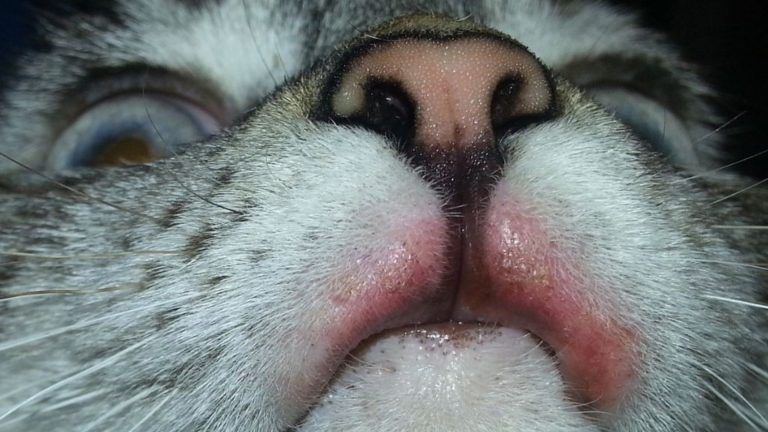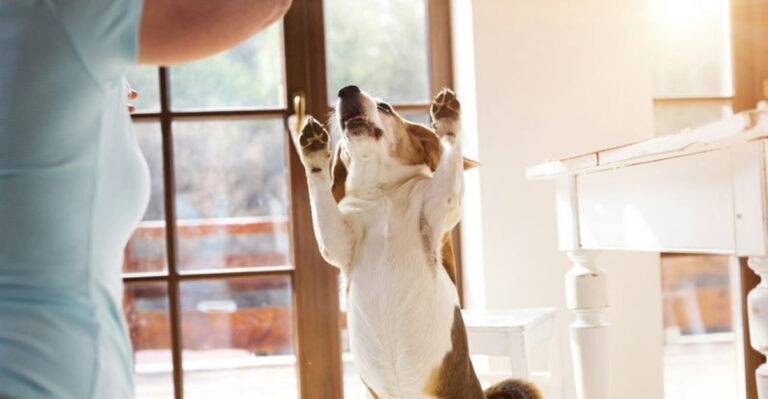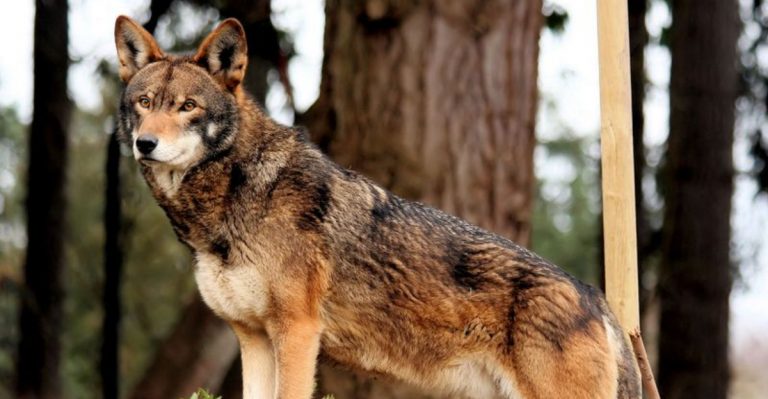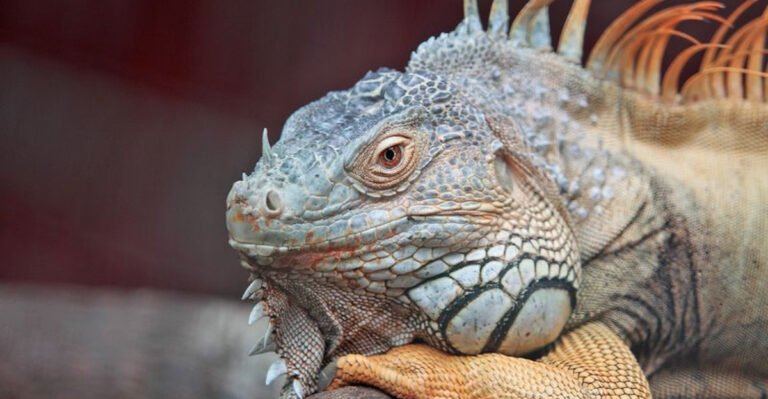How The Government Shutdown Is Affecting Animals Across The U.S.
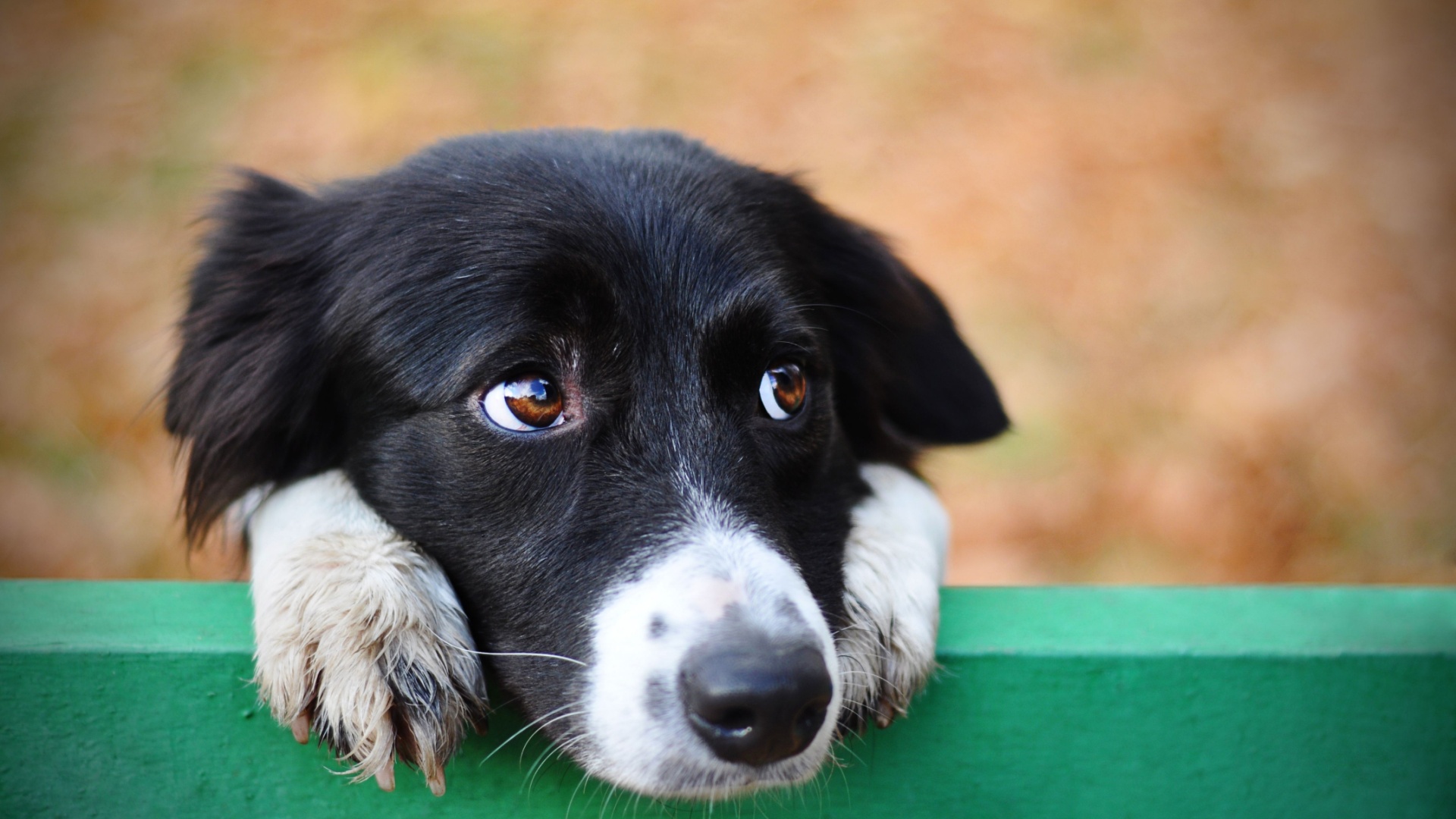
When the federal government shuts down, most people immediately think about closed offices, delayed paychecks, or cancelled permits.
But few realize the ripple effect on our furry, feathered, and four-legged friends—animals that rely on federal oversight, programs, and resources for their safety and well-being.
Across the United States, the ongoing government shutdown has put pets, farm animals, shelter residents, and even wildlife at risk. At first glance, it might seem abstract—but the consequences are real.
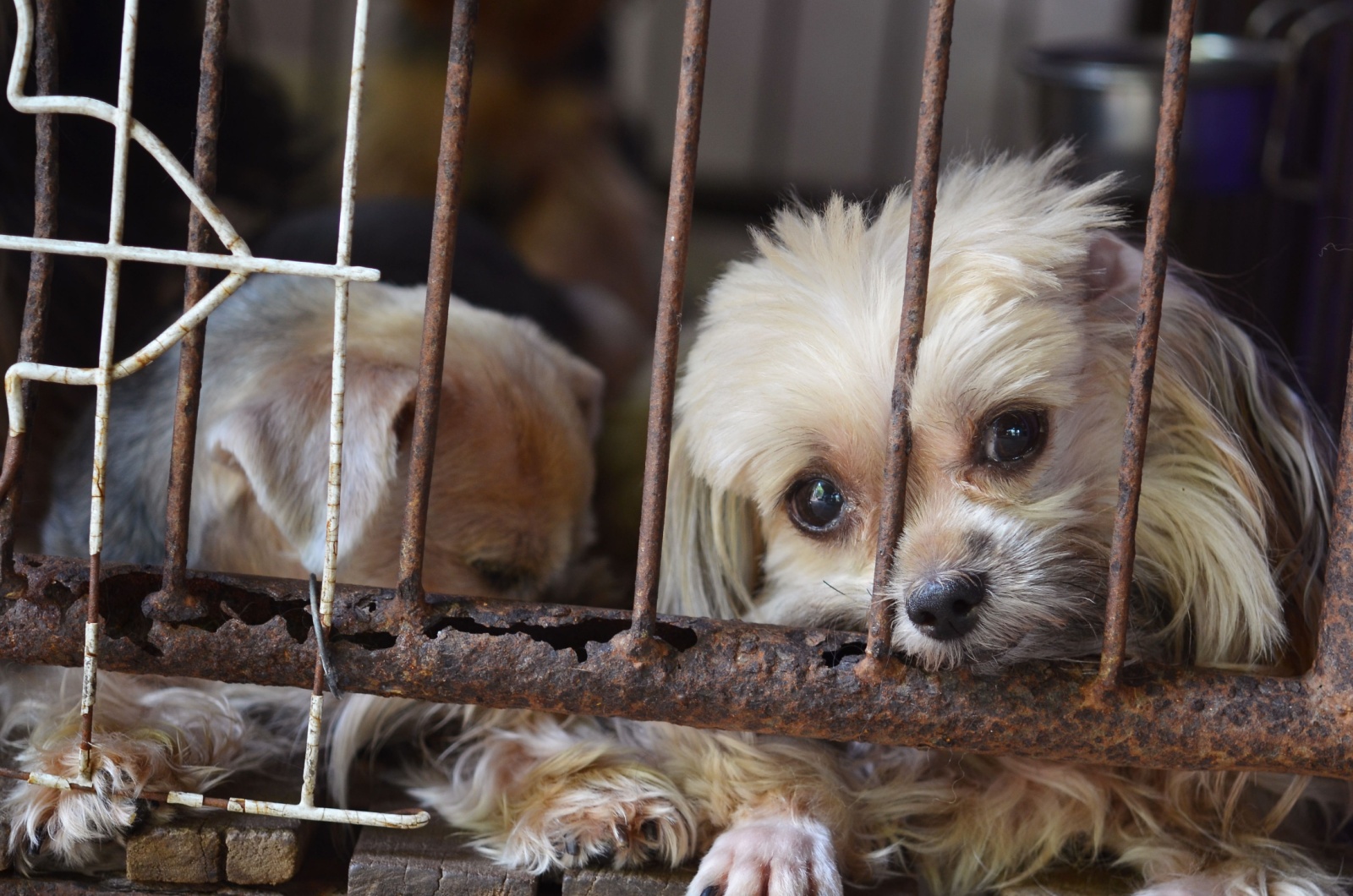
Imagine a puppy mill going months without routine inspections, a sickly herd of chickens left unchecked, or a rescue shelter scrambling to pay for emergency veterinary care. For companion animals, the impact is subtle yet serious.
Agencies that usually enforce animal welfare standards ensuring puppy mills, research labs, and even zoos maintain proper conditions are operating with skeleton staff.
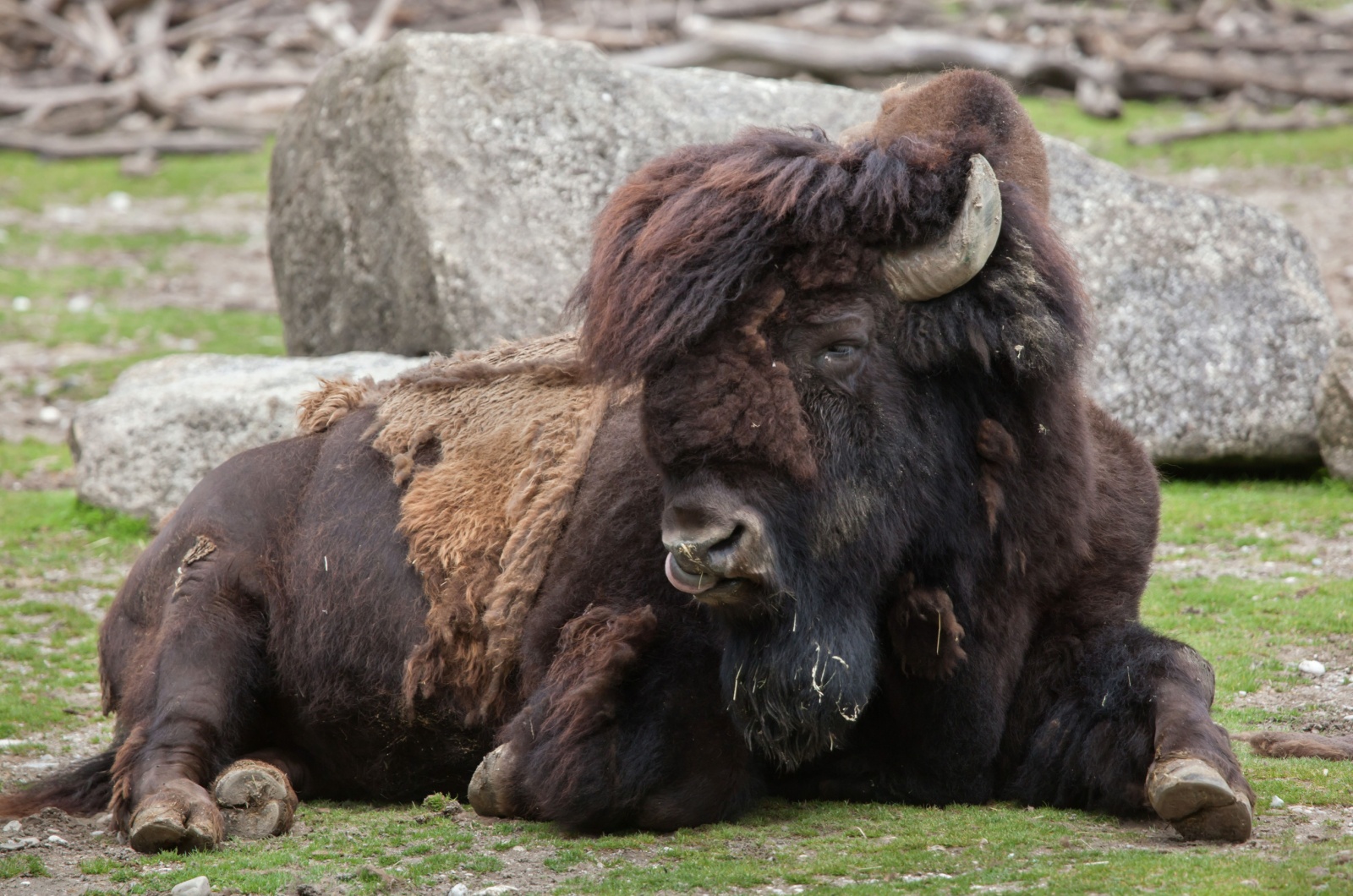
That means routine inspections are delayed, and animals in need could be living in substandard conditions for longer periods than usual.
Shelters, already stretched thin, face additional stress as federal support for programs assisting homeless pets slows or pauses altogether. Farm animals are feeling the strain as well.
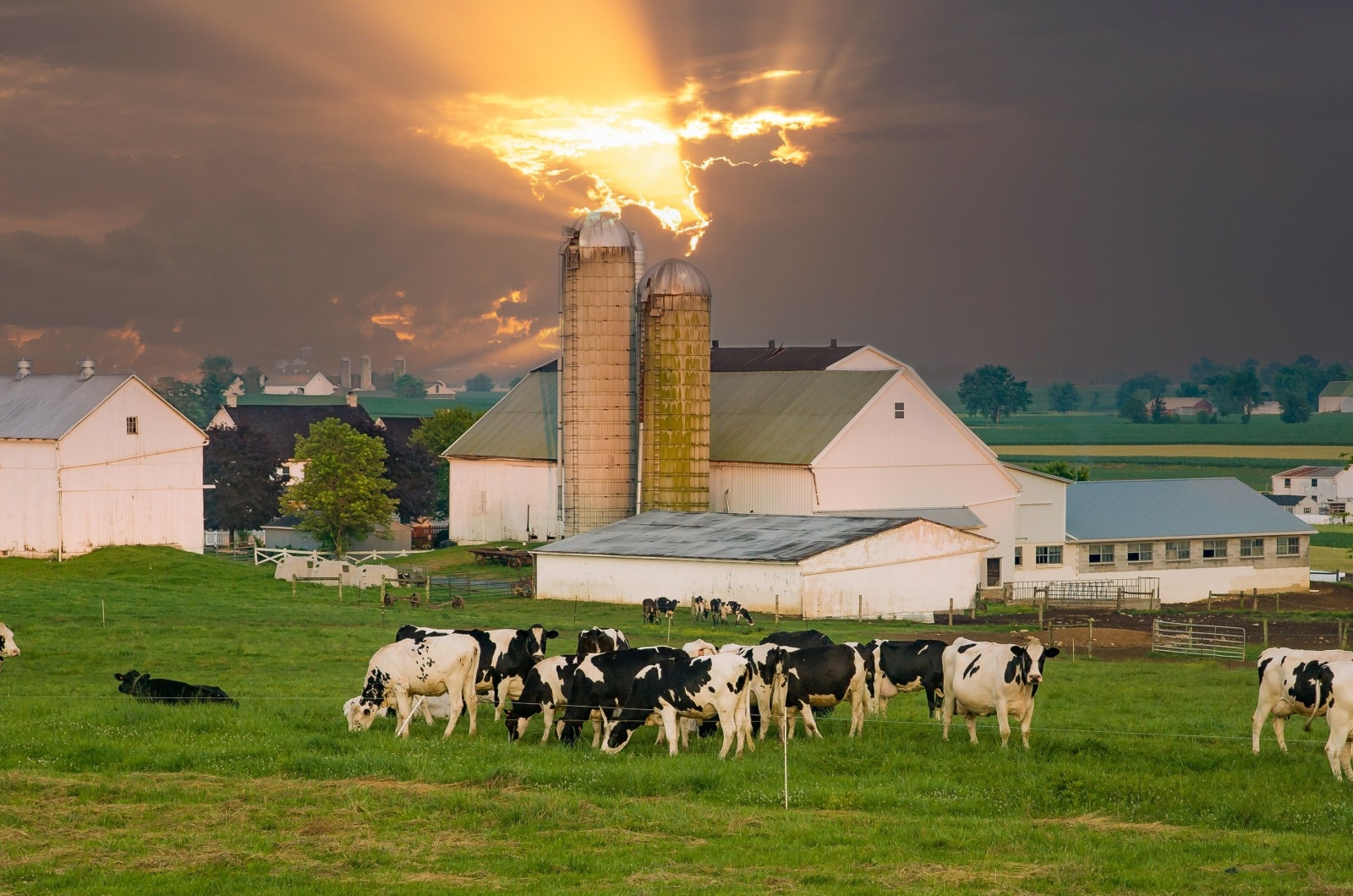
Farmers are encountering delays in critical programs like disaster aid, crop insurance, and livestock health services. USDA inspectors and veterinarians, responsible for monitoring animal disease outbreaks, are either working reduced hours or furloughed.
This leaves animals vulnerable to disease, including highly contagious threats like avian flu and swine fever, with fewer professionals available to monitor and respond quickly.
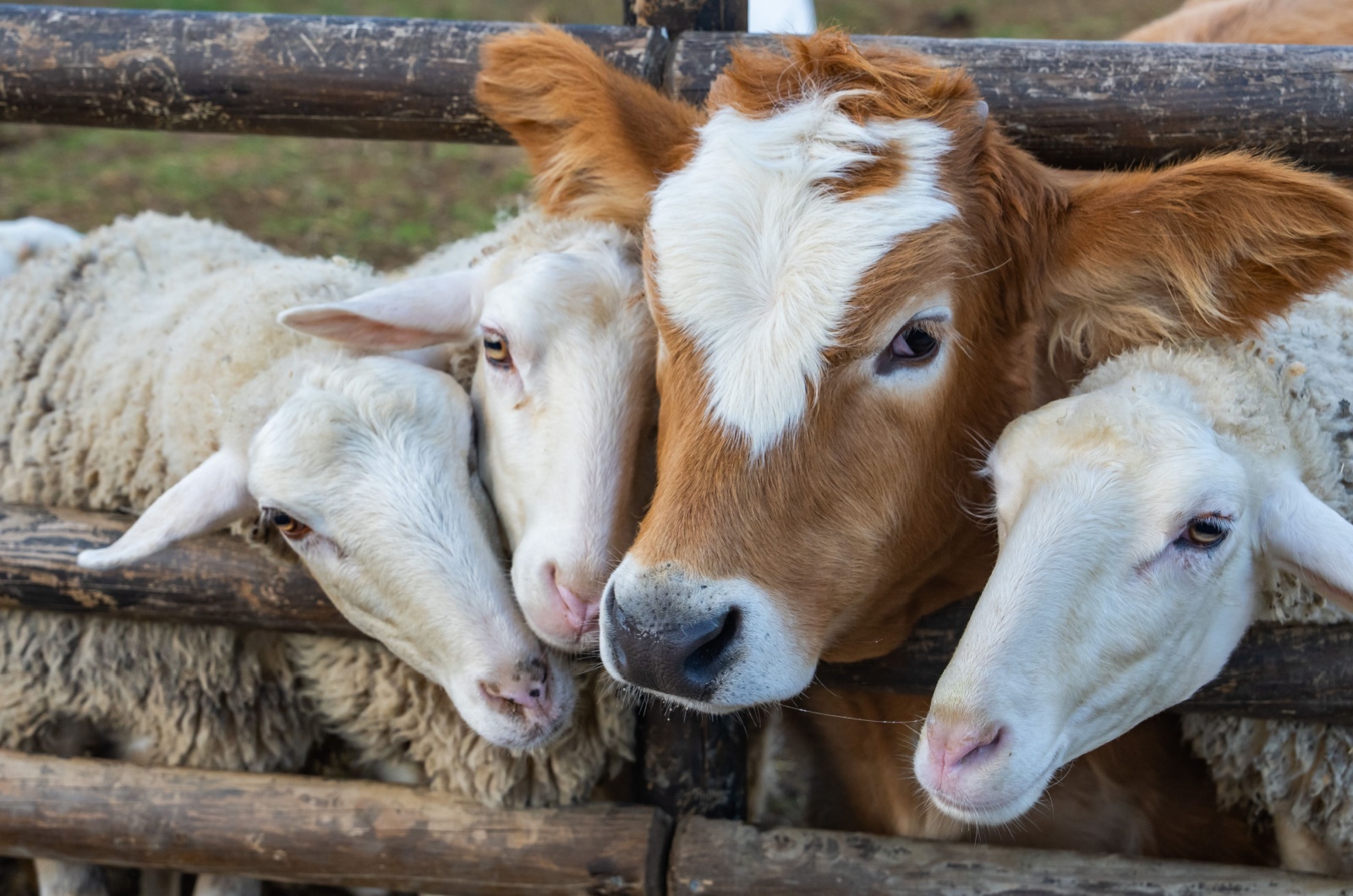
Then there are the lab animals, quietly caught in the shuffle. Federal funding cuts have limited the ability of research facilities to maintain essential care.
Lab animals, used in studies that help prevent and treat human and animal diseases – face slower health checks, delayed treatments, and fewer resources for welfare monitoring.
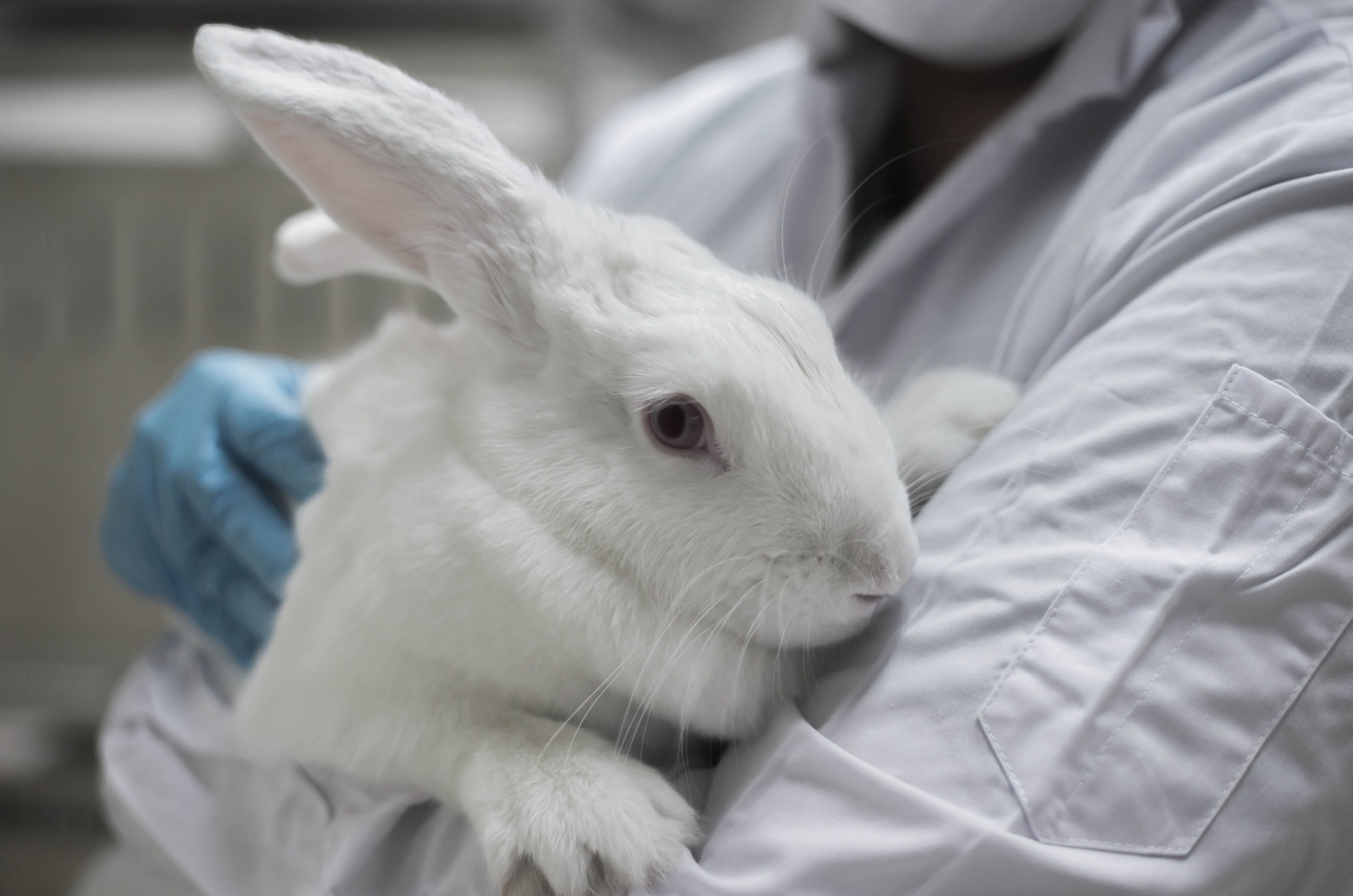
Scientists stress that while the animals aren’t in immediate danger, prolonged funding gaps could compromise their care.
Wildlife is also affected. Conservation programs and anti-trafficking efforts depend heavily on federal support.
When funding halts, endangered species programs and habitat monitoring slow down, leaving vulnerable populations exposed to threats.
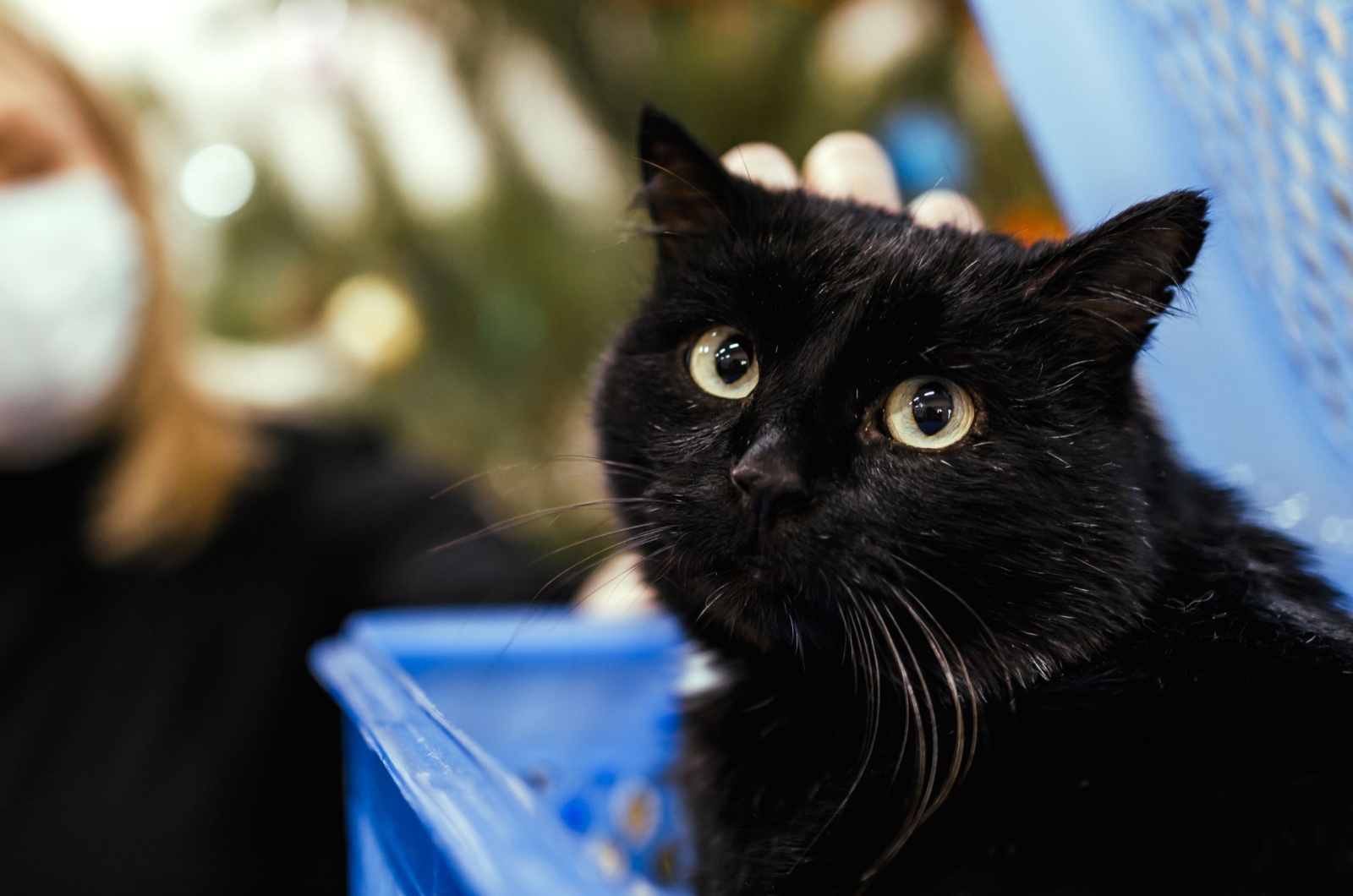
Even simple rescues of orphaned or injured animals can be delayed, sometimes with life-or-death consequences.
Yet, in the face of this challenge, volunteers and local organizations have stepped up. Animal shelters, rescue groups, and private citizens are filling the gaps – feeding, fostering, and providing emergency care for animals that would otherwise fall through the cracks.
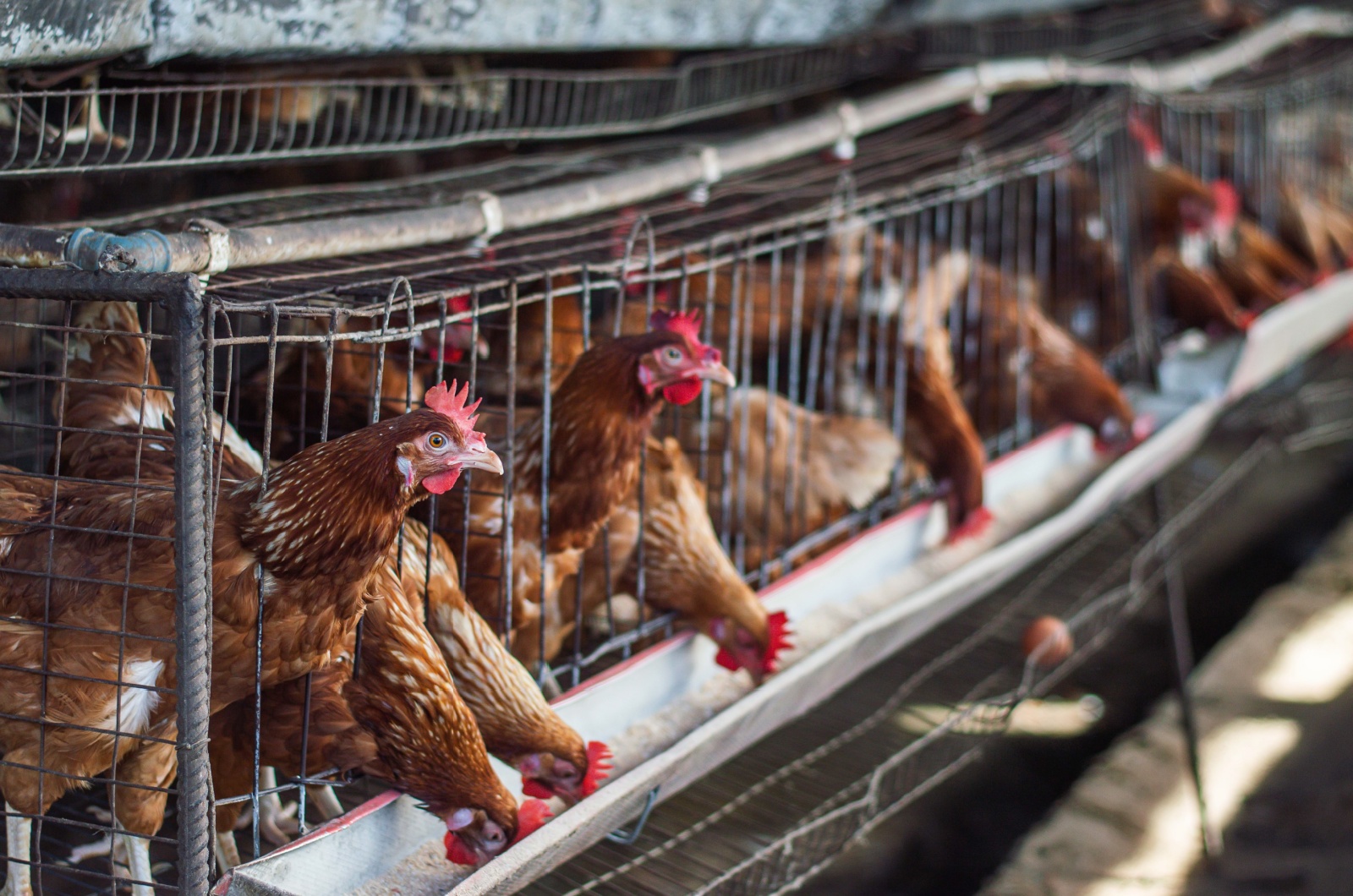
Fosters are now more critical than ever, offering temporary homes and comfort to animals adjusting to safer conditions. Volunteer hours can make a tangible difference, helping animals weather a period when federal resources are limited.
The shutdown is a stark reminder that even policies far removed from daily life can impact the voiceless among us.
While agencies try to maintain essential operations, the reality is clear: pets, farm animals, shelter residents, and wildlife all rely on people to step in during times of uncertainty.
Whether it’s adopting, fostering, volunteering, or donating, communities can help ensure these animals remain safe, healthy, and loved—no matter what’s happening in Washington.



